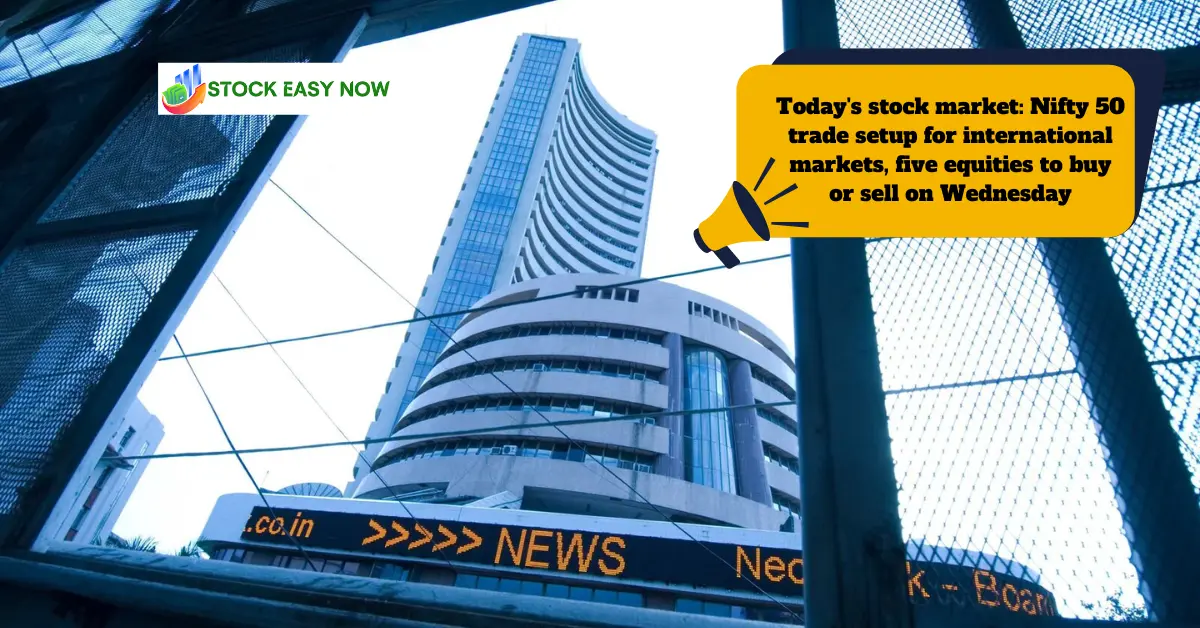The explosion at the hospital that left hundreds dead was being blamed on both Israeli and Palestinian officials, complicating U.S. President Joe Biden’s already tumultuous tour to the area – China data.
As expectations for the crisis’ containment were dashed by the explosion at a Gaza hospital on Wednesday, Asian shares stumbled, and bonds suffered significant losses as the robust U.S. retail data supported an excruciatingly long period of high rates.
The explosion at the hospital that left hundreds dead was being blamed on both Israeli and Palestinian officials, complicating U.S. President Joe Biden’s already tumultuous tour to the area.
Both S&P 500 and Nasdaq futures declined 0.2% in early trading.
The markets are now anticipating with great interest Tesla and Netflix’s reports later in the session.
When compared to the respected Atlanta Fed GDPNow forecast, JPMorgan increased its growth call to an annualized 4.3% from 3.5%.
Markets responded by increasing the likelihood that the Federal Reserve will have to raise rates once more. The likelihood of a move in November is still only 11%, while the likelihood in January increased from 37% to 50%.
Bonds suffered greatly as a result, with two-year rates on Tuesday rising as much as 14 basis points to a 16-year high of 5.24%. The ten-year yields were back near recent highs at 4.84% and the two-year was recently at 5.22%.
The U.S. dollar was supported by the rise in yields, especially against the low-yielding Japanese yen, where it rose to 149.77 to once more approach key resistance around 150.00.
The euro dropped slightly to $1.0573 after reaching a high of $1.0595 on Tuesday.
Gold was supported by safe-haven flows at $1,924 per ounce, much above its most recent low of $1,809. [GOL/]
U.S. crude increased $1.62 to $88.28 per barrel, while Brent increased $1.35 to $91.25 per barrel.





